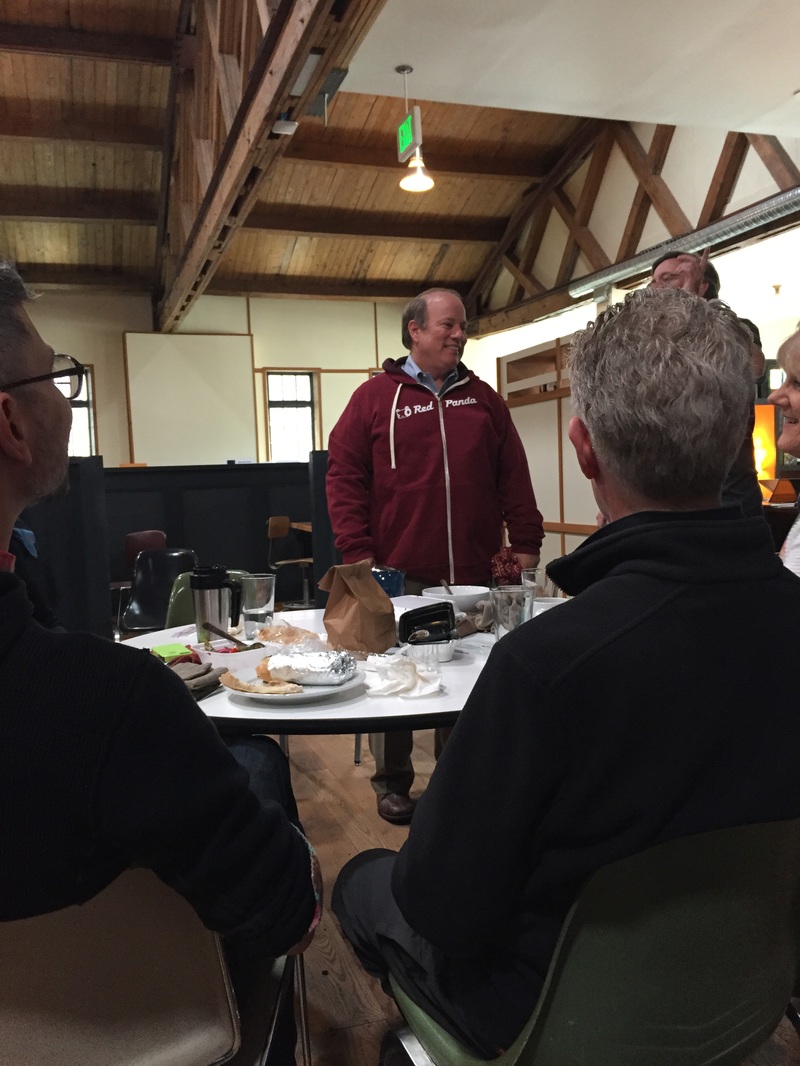To me, an entrepreneur is one who identifies a problem and an opportunity, and by employing a set of personal characteristics (creativity, dedication, fortitude etc.), builds on the opportunity to establish a business that brings about a positive change and outcome. “Social” entrepreneurs are identical to entrepreneurs in these key components; however, they are distinguished by their different value proposition. While entrepreneurs target the market that is privileged to afford the new service/product they provide, social entrepreneurs usually serve the segment of society that is highly disadvantaged compared to the rest of the population. Even though both value profitmaking, social entrepreneurship measures its success by its scale of social impact rather the profit generated, which is the measuring stick for regular entrepreneurial businesses.
The above, however, is a rather broad and vague definition. It seems to me that every social entrepreneur carries his/her own definition to this term, an interpretation that is only to be derived from experience. A major incentive for me to participate in the DukeEngage Detroit program is to immerse myself this summer among a group of dedicated social entrepreneurs who are striving to revitalize Detroit.
At the end of second week in Detroit, I am confident to say that Detroit is the place to be when it comes to exploring social entrepreneurship. From the Shop Talk in the Social Grooming Club to various start-ups in the Green Garage, people across all fields are congregating in this city to invest in social entrepreneurship. The most telling example is the community talk every Friday lunch in the Green Garage. Workers from all the organizations in Green Garage sit together for a lunch that begins with a brief self-introduction from all the attendants and followed by a presentation from a community member. Although not all organizations are examples of social entrepreneurship, when everybody goes around explaining their professions, a good majority of them are invested in some kind of social cause ranging from environmentalism to education to crowdfunding. There is an optimism and creative energy to be felt and the positivity invigorates everybody.
The above, however, is a rather broad and vague definition. It seems to me that every social entrepreneur carries his/her own definition to this term, an interpretation that is only to be derived from experience. A major incentive for me to participate in the DukeEngage Detroit program is to immerse myself this summer among a group of dedicated social entrepreneurs who are striving to revitalize Detroit.
At the end of second week in Detroit, I am confident to say that Detroit is the place to be when it comes to exploring social entrepreneurship. From the Shop Talk in the Social Grooming Club to various start-ups in the Green Garage, people across all fields are congregating in this city to invest in social entrepreneurship. The most telling example is the community talk every Friday lunch in the Green Garage. Workers from all the organizations in Green Garage sit together for a lunch that begins with a brief self-introduction from all the attendants and followed by a presentation from a community member. Although not all organizations are examples of social entrepreneurship, when everybody goes around explaining their professions, a good majority of them are invested in some kind of social cause ranging from environmentalism to education to crowdfunding. There is an optimism and creative energy to be felt and the positivity invigorates everybody.


 RSS Feed
RSS Feed
